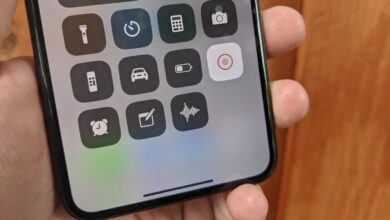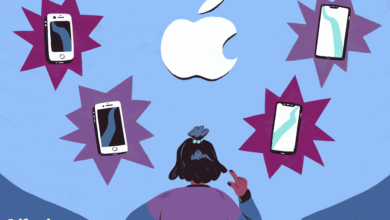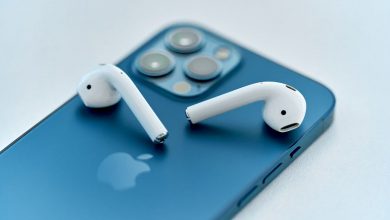
Likewise, how do you clean iPhone speaker holes? There are three main ways to clean your iPhone speakers. You could use a soft-bristle toothbrush to scrub the speaker. You could use canned air to blow debris out of the speaker’s nooks and crannies. Finally, you could use adhesive tape to remove the gunk trapped in or around the speaker.
Amazingly, why does my iPhone speaker sound muffled? When your iPhone speakers sound muffled, it could be due to your volume settings. … You can also adjust your iPhone’s volume by going to Settings > Sound and Haptics. Drag the slider under the Ringer and Alerts heading. The toggle should be to the right so that your sound settings are maximized.
Similarly, how can I clean my iPhone speakers louder?
Additionally, how do you get dirt out of phone speakers?
- Step 1: Wash Your Hands.
- Step 2: Switch Off.
- Step 3: Use a Toothbrush.
- Step 4: Brush the Speaker Port.
- Step 5: Shake Gently.
- Step 6: Wipe Your Phone.
The “don’ts” of cleaning your iPhone speakers Don’t. Don’t use rubbing alcohol or any kind of liquid. While rubbing alcohol does evaporate more quickly than water, any kind of liquid and the innards of iPhones are not a good mix. Don’t use canned, compressed air.
Contents
How do you get dirt out of iPhone speakers?
- Grab a clean toothbrush (or an electronic device brush)
- Gently brush the earpiece speaker (at the top of your iPhone) to remove debris.
- If needed, use canned air to blow across the speaker (don’t blow air directly into it)
- Make a test call to see if your speaker is performing better.
Why is my sound muffled?
Muffled sound from speakers is usually caused by them not being wired in sequence, or the wiring being damaged. Also, it’s worth checking that your AV receiver is on the right setting for the media. Fixing muffled surround sound can sometimes be very simple, but other times it can be quite difficult to troubleshoot.
Why does my speaker sound fuzzy?
There are two main reasons why a loudspeaker would distort at high levels. The most common is that the audio source, itself, is distorted. However, speakers can also distort if their drivers are pushed to the extremes of their designed motion, in which case they behave non-linearly and produce distorted sound.
How do I clean the ear speaker on my iPhone 12?
How do I make my phone louder without speakers?
- Open the Settings app on your Android device.
- Tap on “Sounds and vibration.”
- Tap on “Volume.”
- In the upper right corner of the screen, tap the three vertical dots, then tap “Media volume limiter.”
- If your volume limiter is off, tap the white slider next to “Off” to turn the limiter on.
Why does my phone speaker sound fuzzy?
Your cell phone’s speaker vents collect all kinds of debris over time (makeup, dead skin cells, pocket lint, etc.) and that can cause the sound to become muffled. … Using compressed air, chemicals or water to try to clean your speaker at home can damage not only the speaker but your entire phone!
How do I clean my iPhone 12 speakers?
How can I clean my phone speaker?
Wipe down the speakers with a microfiber cloth dipped in rubbing alcohol. Dab a small amount of rubbing alcohol onto a microfiber cloth. Gently scrub the speaker pieces until they are clean. For the openings, blow into them gently from the outside.
How do I clean the bottom of my phone speakers?
Gently brush across the speaker from bottom to top, moving across the length of the long, thin speaker several times. Don’t drag the brush along the axis of the speaker. You can also work soft bristles into the speaker holes at the bottom of the phone.
Can you use antibacterial wipes on iPhone?
Using a 70 percent isopropyl alcohol wipe, 75 percent ethyl alcohol wipe, or Clorox Disinfecting Wipes, you may gently wipe the exterior surfaces of your iPhone. Don’t use products containing bleach or hydrogen peroxide. Avoid getting moisture in any openings, and don’t submerge your iPhone in any cleaning agents.
Can I use hand sanitizer to clean my phone?
Alcohol-free hand sanitisers (avoid household cleaners, even if they’re alcohol-free) should be fine to use on exposed screens, so long as they are effective against both viruses and bacteria. … They’re the quickest and easiest way to keep your smartphone virus and bacteria free and some come in handy foam form too.



